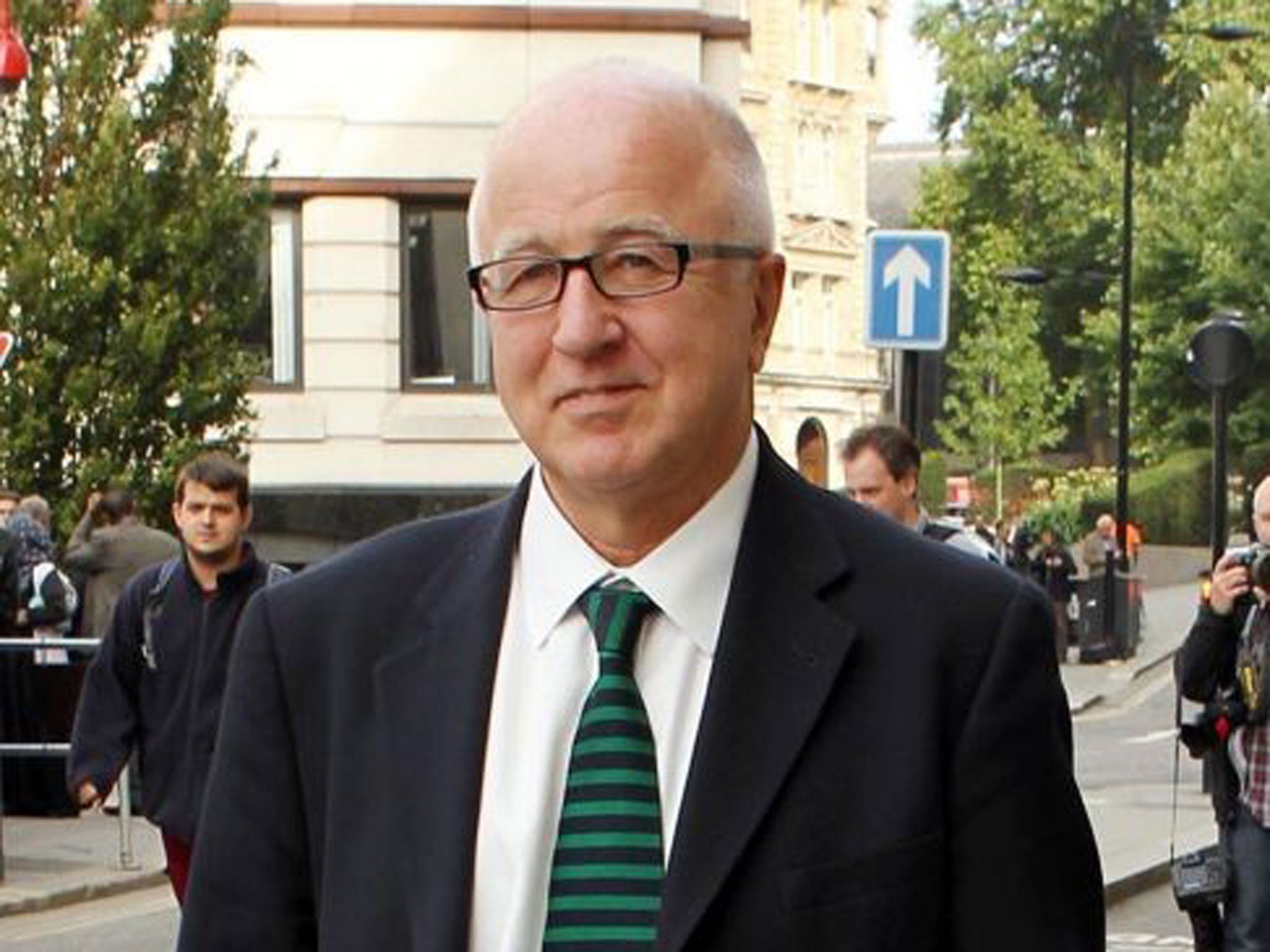It’s up to well-educated, midde-class jailbirds to tell us where we’re going wrong with our prisons
Vicky Pryce, Chris Huhne and Denis MacShane could put in some community service


A few weeks ago, I bumped into the former Labour MP, Denis MacShane, at a bus stop near Victoria station in London. He was a couple of days away from his sentencing for fraud and under few illusions about what lay ahead. In the circumstances – it was also dark, cold and wet – he was reasonably cheerful.
With that chance encounter, I realised that, for the first time in my life, I know several people who either have been, or – in MacShane’s case – are now, in prison. I don’t know them well, but I know them: as former colleagues, in the case of Chris Huhne, who was a journalist before he became a politician; and as fellow think-tank frequenters on matters European, in the cases of MacShane and Vicky Pryce. We have benefited from the same sort of education. We are interested in similar things. We see each other about.
Now you might object that all that this shows is my sheltered background. But how many middle-class professional people actually know anyone in their immediate circle who has been to jail? In our generally law-abiding circles, prison still has the capacity to shock – which is also what makes the experience so potentially valuable.
Not only can these ex-prisoners speak and write about it in a way that most former inmates cannot, but they can make it comprehensible to the likes of us. Vicky Pryce, in happier times, joint head of the Government Economic Service and just reappointed as an – unpaid and very part-time – adviser to the Business Secretary, has made a cracking start with her instant book, Prisonomics (Biteback Publishing, 2013). As a former policy adviser, she knows how things work on the inside of government. She can talk to power. She now knows how things work on the inside of somewhere very different.
There have been the usual complaints. Isn’t everyone just bored by prominent people who brag about their two minutes in prison as though they were intrepid pioneers? And should not someone with Pryce’s erudition have been able to go beyond the liberal clichés – about women in prison (far too many); repeat offending (far too much); and the expense and inefficiency of the whole system (needs to be re-thought from the ground up)?
Just maybe, though, the reason such “clichés” crop up time and again is that many of them are actually true. Whatever you feel about the numbers in prison, the cost-benefit ratio leaves much to be desired. We have an expensive system that works poorly. Let’s either admit that it’s a poor system and pay less for it, or – preferably – try to get better value for our money. As an economist of some stature, Pryce is in a better position than most to suggest how that could be done. Nor should her conclusions be dismissed simply because she spent a mere four days in Holloway and just eight weeks in a relatively cushy country house. First impressions can be some of the most valid. New prisoners bring to their observations the perspective of the “normal” world – a perspective that is all too quickly lost.

The defensiveness of the prison establishment is notorious, and those running the new private prisons seem no more inclined to glasnost than their public-sector counterparts. It took weeks for the extent of the recent protests at Oakwood prison in Wolverhampton to become known, and it is still not clear what triggered them. All we really learned was that prison unrest is not uncommon, whoever jangles the keys.
Of course, many prison governors do their conscientious best. But when that best leaves our prisons infested with drugs and allows inmates to run illicit businesses with the aid of smuggled mobile phones – just two of the endemic scourges – then it should be obvious that it is nowhere near good enough. A fresh look from a former prisoner with an informed eye and a savvy economist’s brain is exactly what is needed.
It is not just a fresh look, though, that is required – would-be reformers have lobbied for change for decades – but realistic remedies and, above all, a way of presenting them that convinces those who make policy and spend tax-payers’ money. This is where Pryce, Huhne and MacShane – when he has done his time – could put in some valuable community service.
They have all done government work. They speak the language of the elite and they know how to persuade, perhaps even how to get things done. Together, they represent the best chance this country has had for a long while to make prison at once more beneficial to those incarcerated and better value for the rest of us.
You can argue until the cows come home whether sending any of these three to prison was a sensible use of public money. But if one result of their brief sojourns at Her Majesty’s pleasure is a thorough reconsideration of our penal system, future governments, and future prisoners, might look back on the outlay as money well spent.

Join our commenting forum
Join thought-provoking conversations, follow other Independent readers and see their replies